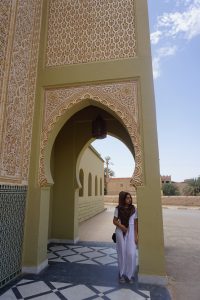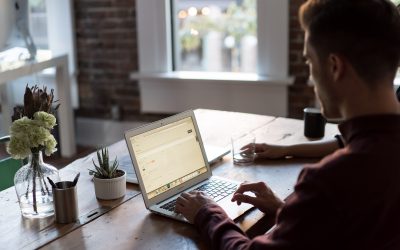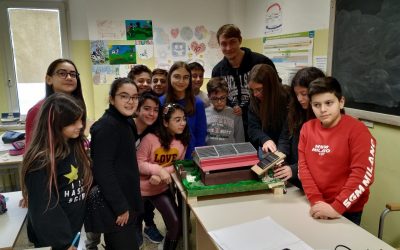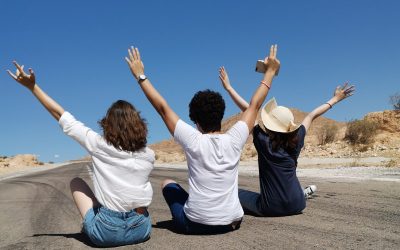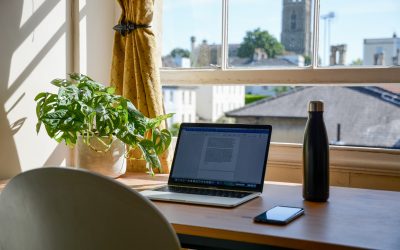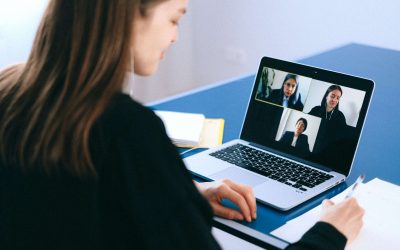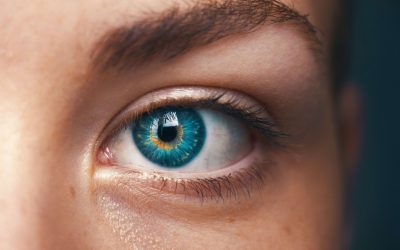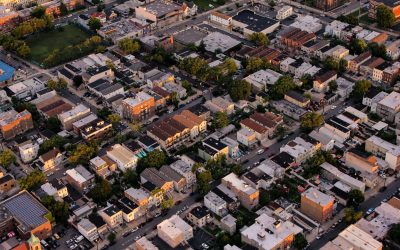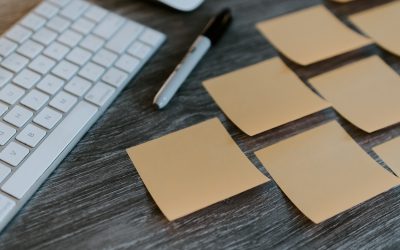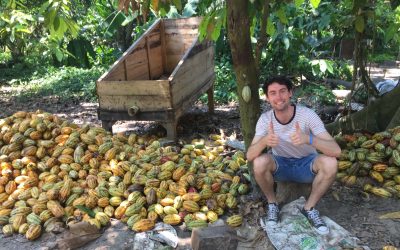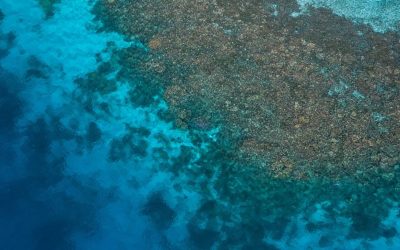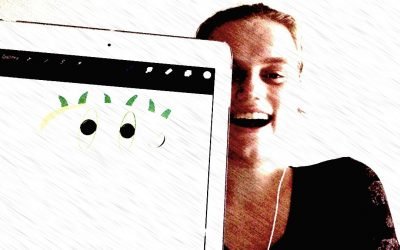Feminism and Islam – a combination that seems to boil from tension. I know how difficult this topic can be: I am a Pakistani girl, grew up in Germany and live in the Netherlands. To analyze this topic, I went to Morocco for 6 weeks to interview people.
In the last few years, the topic of women’s rights and feminism is having a big come-back in western societies. As a psychology student, I am interested in group behavior and the understanding mechanisms, of why we behave in the way we do. That is why I have been following the topic of women’s rights attentively. But I did notice that most of the time, only women’s rights in western countries are addressed.
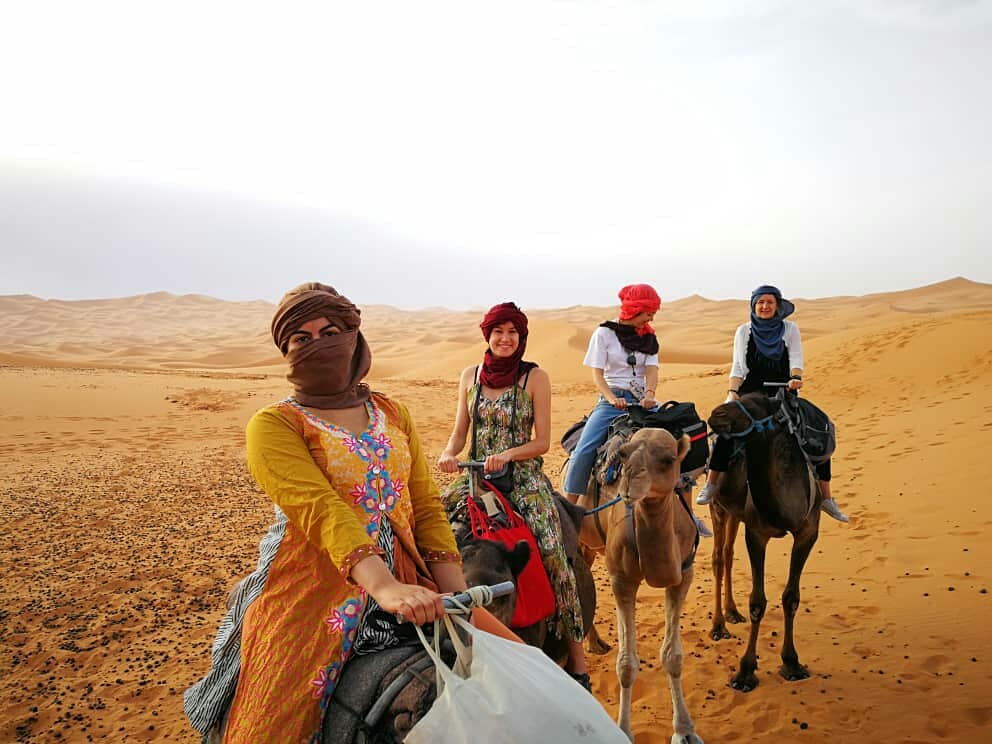
One of my best experiences: a trip to the Sahara, including a camel ride and a night under the desert stars.
Feminism and Islam
But what about feminism in the Islamic world? What does feminism look like there? What rights do Muslim women have? My own family comes from Pakistan, so I know quite something about Islamic and Arabic culture. From personal experience, I know that the picture about feminism in Islamic countries is much more diverse than Western media often illustrates. In the past, I’ve had my own inner disputes regarding Islam and the position of women within my religion. But after educating myself more, I found that it is not at all as bad as many stereotypes suggest. In Europe, people often have the idea that women in Islamic countries are suppressed, and that there is nothing done to change that. But I knew that this is not true: Muslim women do stand up for their rights, and I wanted to learn more about this type of feminism.
My personal experience
To realize this, I went to Fés, Morocco and lived there this summer. In Morocco, I found out that there is a lot happening in Islamic countries regarding women’s rights. I learned about the underlying mechanisms that play a role in Moroccan society: religion, traditions, modernism, people’s judgements, family’s expectations, there are so many different factors. My message after coming back is this: Islamic countries are not as one-sided as many people might think. And, the younger generations in Islamic countries are currently trying to trigger a change – towards more gender equality. During my journey I have met a lot of people that symbolized exactly this: the will to bring about change in their societies. I think that this is extremely brave to do and deserves a lot of respect and attention from the world.
I did, however, face challenges during my stay.
Not everybody I approached was willing to talk to me; women’s rights are a sensitive topic in Morocco. But I did not give up, I kept searching for Moroccan people until the end of my journey. I even held my last interview at the airport of Fés as I was heading back home!
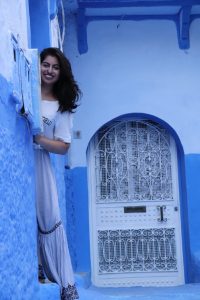
The magical blue city – Chefchaouen. Apparently the city is blue to symbolize its closeness to the sky.
The people that were willing to talk to me and my conversations with them can all be found on my blog: http://www.parindah.com
My blogposts all take different viewpoints on feminism: I discuss how Moroccan relationships work, what it’s like for grown women, for men, and much more. Make sure to check it out and get a new view on what feminism can look like!
Help to bridge the gap!
I was looking for an organization that would help me to go to Morocco and connect to the locals. AIESEC gave me that platform. I stumbled upon the Nour Project. A project that aims to bridge the gap between the Arab and the Western world. I am very grateful for the opportunity the Nour Project gave me! It guided my journey to Morocco and enabled me to dive into a topic of such importance.
But besides working, I also had enough time to travel and see the country! Here are some pictures of the awesome things I did in Morocco. From a trip to the Sahara to visiting beautiful mosques, over to a city completely painted in blue. And, at the end of this article you can find a short video of a private jamming session I got – I feel like I can still hear the drums in the back of my mind!
I hope to see you around on my blog!
– Saira
This post was written by Saira Wahid. Saira went on a voluntary project powered by AIESEC in the Netherlands. We offer international voluntary projects and professional internships with the aim of developing leadership in youth.

